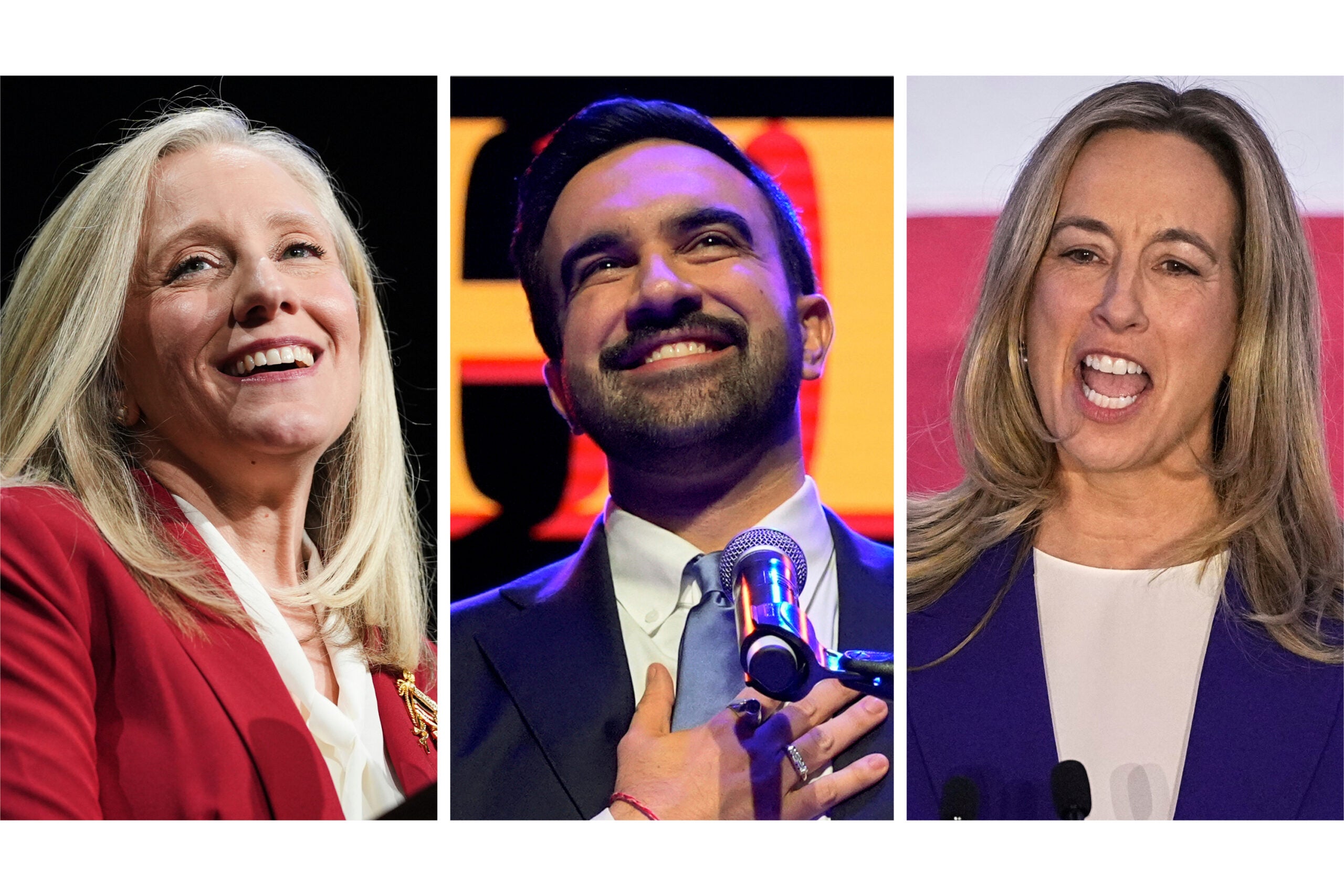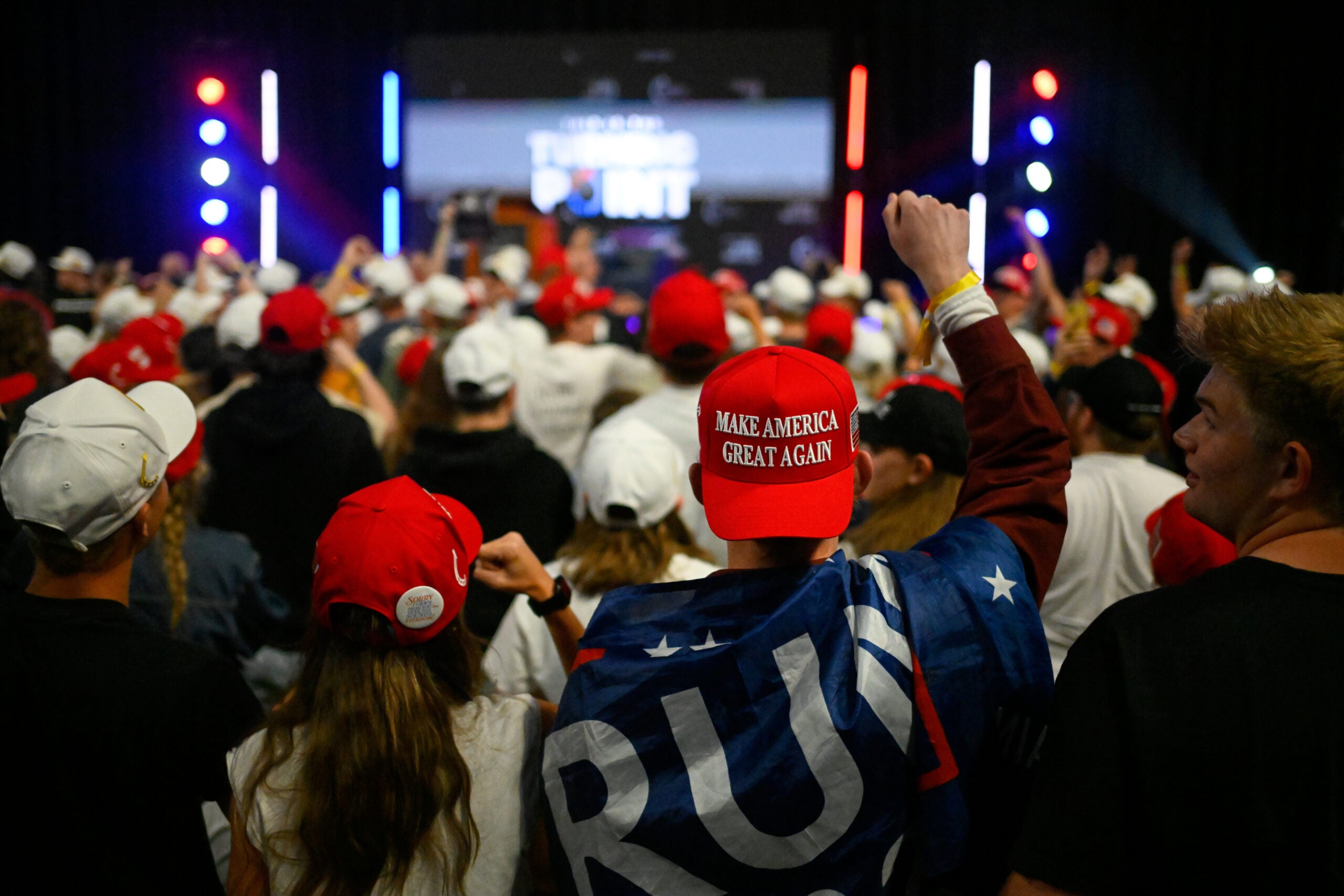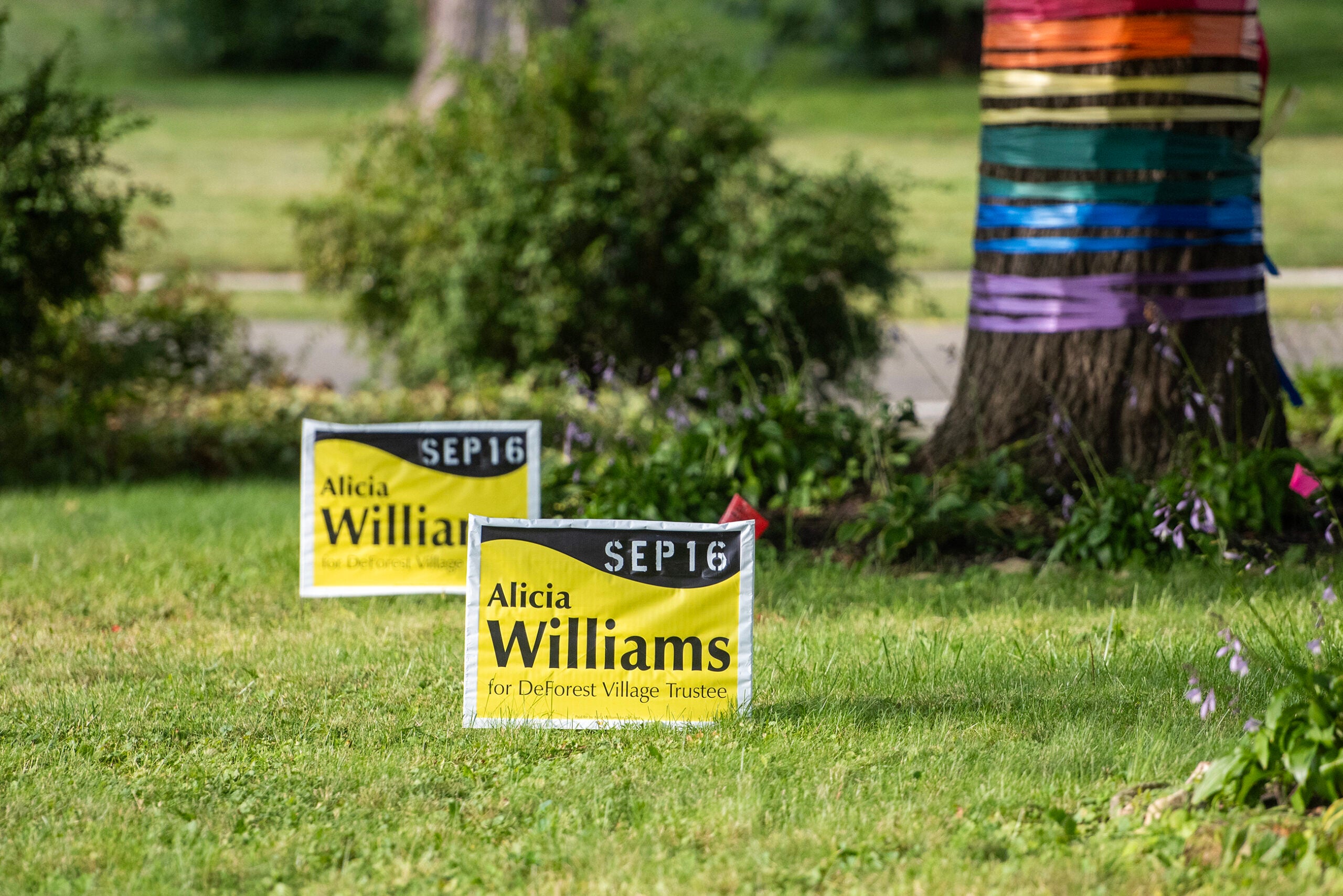Wisconsin is the state where young voters will mostly likely have the strongest impact on the state’s 2020 presidential election, according to data analysis released by a Massachusetts research group.
The 2020 Election Youth Electoral Significance Index, produced by the Center for Information and Research on Civic Learning & Engagement at Tufts University in Massachusetts, predicts that voters ages 18 to 29 will have more influence on the presidential race in Wisconsin than in any other state. That’s due in part to a strong record of youth participation in the past, and to how close the election was in 2016.
“We’ve gathered and analyzed data from many different places and put them into a model, and Wisconsin came out No. 1. And it’s not surprising,” said Abby Kiesa, the center’s director of impact.
News with a little more humanity
WPR’s “Wisconsin Today” newsletter keeps you connected to the state you love without feeling overwhelmed. No paywall. No agenda. No corporate filter.
Kiesa said she and others involved in civic engagement have known for a long time that young people are not apathetic, and in fact are engaging more than they have in the past. Since 2016, the number of young people who march and demonstrate increased from 5 to 27 percent, Kiesa said. The number of young people who are volunteering for political campaigns is skyrocketing, too.
But traditionally, younger generations don’t vote as often as older generations do.
“We have ongoing structural issues in our democracy with how our democracy includes or doesn’t include people new to it,” she said.
Organizations like CIRCLE and Leaders Igniting Transformation in Milwaukee, want to leverage young voters’ interest in politics to boost voter turnout. That’s important, Kiesa said, because representatives should reflect their constituency.
“We live in a diverse democracy, and we cannot be OK with an electorate that doesn’t represent the diversity of the United States. And it doesn’t,” she said.
The biggest challenge is access to voting, Kiesa said. Whether they’re not voting because of voter ID laws, unclear directions, or changes to laws and rules, LIT and other organizations are trying to make sure young people get informed on the election, are registered to vote and know how to request and turn in an absentee ballot.
Maya Neal is political strategy manager at LIT, which is a youth-led organization focusing on Black and brown voters. She said that her organization is also trying to encourage Black and brown people to get involved and help make decisions that will impact them.
“We are making sure that in everything that we do, we’re developing the next wave of Wisconsin leaders, activists, organizers and elected officials,” she said.
The University of Wisconsin-Madison is among a few universities in the state making a push to help its students get out and vote by continuing its involvement in the nationwide All In Campus Democracy Challenge.
Kathy Cramer, a political science professor at UW-Madison who heads a campus organization charged with helping educate voters, said the university recently renewed its participation in the challenge, which it joined in 2016.
The challenge has about 1,000 higher education institutions from across the country competing to see who can get the highest voting rates and registrations.
Cramer said the competition fits well with the university’s mission to ensure that democracy persists.
“There is a feeling among a lot of students, regardless of where they’re from, that their voices aren’t heard in the political process,” she said. “Election season is a great time to step up and make sure that your voice is going to be heard.”
Wisconsin Public Radio, © Copyright 2025, Board of Regents of the University of Wisconsin System and Wisconsin Educational Communications Board.







